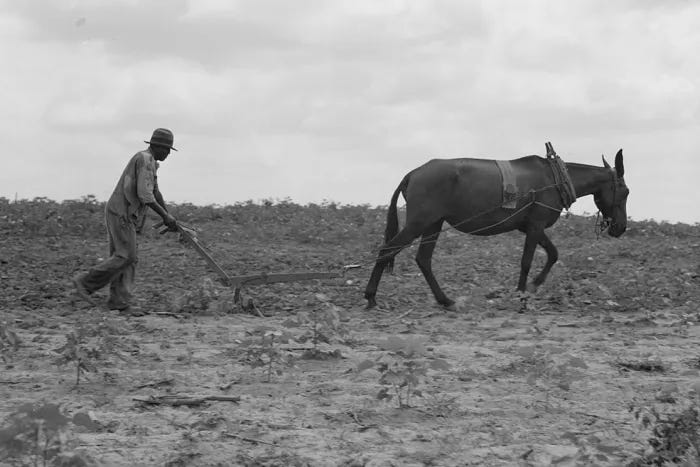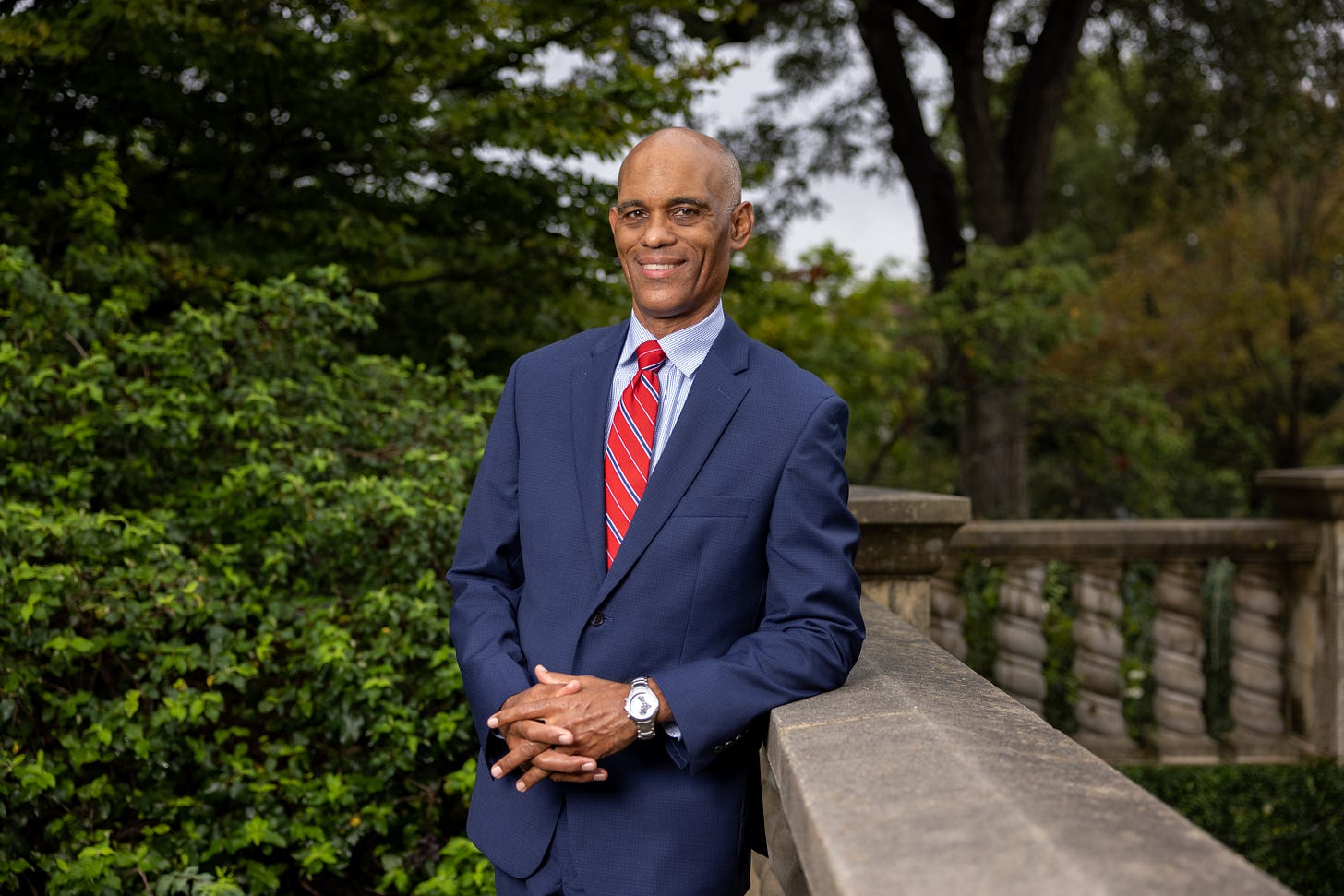Losing our connection to the land...
As soon as you read this post, go outside and sit in the sun, please.
Okay, bear with me for a second as my thoughts run full circle on something I’ve been thinking a lot about lately. Maybe where I end up on this will not be what you expected.
When I was a little girl, my daddy bought over 300 acres in Holly Springs, Mississippi. He didn’t want to move to Mississippi, but he wanted to own land. See, Daddy would sometimes grumble about his “forty acres and a mule” that the government never delivered, so he worked hard to buy it (back) himself. Daddy loved that gorgeous Mississippi land, and he would walk or ride an ATV over what he called his “back forty” for hours and hours. He would come inside the house at the end of the day wearing his straw hat and the biggest grin you ever saw.
A lot of folks have read about this historic promise by the federal government to confiscate and redistribute land formerly owned by Confederate land owners to newly emancipated freedpeople, but what they may not know is that the memory of this broken promise lives on. My daddy remembered. His daddy remembered. And his daddy’s daddy remembered the injustice of the broken promise.
I’ve been thinking a lot about Black land loss over the past couple of years. Black families lost over 90 percent of the land they owned over the course of the 20th century, and it was devastating to us in many ways. It has been estimated that the loss of property was worth billions of dollars. I’m sure you can imagine how this land theft eroded Black wealth in this country.
Much of the land was taken by force (illegal) and unjust (legal) means. I have followed with much admiration the work of MacArthur Genius and law scholar Thomas W. Mitchell who has worked diligently to right some of these historical wrongs, including drafting an act called the Partition of Heirs Property Act which helps families hold on to their land.
I think about this loss a lot, but I also think of it in the context of Native American land loss. I don’t often compare stories of oppression because they’re just too different, but the story of Black land loss is inextricably connected to that of Native Americans.
Indigenous communities were devastated by the loss of 99% of the land they historically occupied in the United States. Some tribes lost 100% of their land, experiencing complete dispossession with no recognized land today.
These are not just historical stories. This is a history with continued relevance today. Y’all still with me?
I recently attended a workshop at the library with my daughter and her friend/friend’s mom. It was led by a member of the Nanticoke tribe who can trace her tribal ancestry back to the 1700s (and surely before that if oral narratives are included). The workshop was actually about local plants, and I was so impressed by her knowledge that we chatted afterwards and I learned that…
Keep reading with a 7-day free trial
Subscribe to Dolen’s Divinations to keep reading this post and get 7 days of free access to the full post archives.






